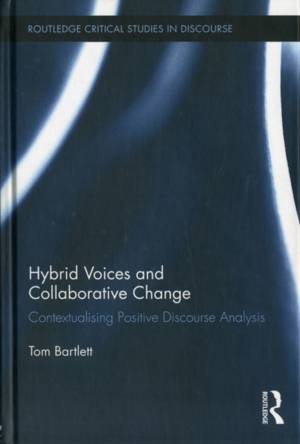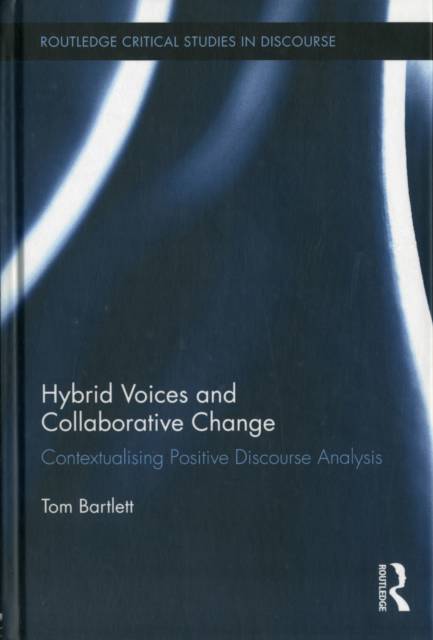
- Retrait gratuit dans votre magasin Club
- 7.000.000 titres dans notre catalogue
- Payer en toute sécurité
- Toujours un magasin près de chez vous
- Retrait gratuit dans votre magasin Club
- 7.000.000 titres dans notre catalogue
- Payer en toute sécurité
- Toujours un magasin près de chez vous
Description
In this study, Bartlett presents a theoretical and descriptive development in the discipline of Critical Discourse Analysis (CDA) extending the recent trend away from critiques of hegemonic practices and towards the description of alternative and minority practices that has been labelled Positive Discourse Analysis (PDA). Through an in-depth case study of intercultural development discourse, the book goes beyond the top-down model of power in CDA and the oppositional approach of PDA to develop a model of power in language as multifaceted and potentially collaborative. This model is used to analyse the particular circumstances of the case study, but is primarily presented as a framework for practical applied linguistic contributions within a wide range of sociocultural contexts. Drawing on social and linguistic theory and methods from a range of functional and applied approaches to language, the book explores the connections between language form and social function, the contextual constraints on discursive action and the potential for the renegotiation of existing discourses and social practices.
Spécifications
Parties prenantes
- Auteur(s) :
- Editeur:
Contenu
- Nombre de pages :
- 274
- Langue:
- Anglais
- Collection :
Caractéristiques
- EAN:
- 9780415893381
- Date de parution :
- 26-07-12
- Format:
- Livre relié
- Format numérique:
- Genaaid
- Dimensions :
- 152 mm x 229 mm
- Poids :
- 535 g







